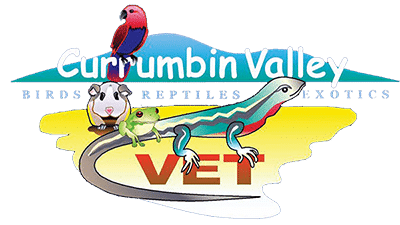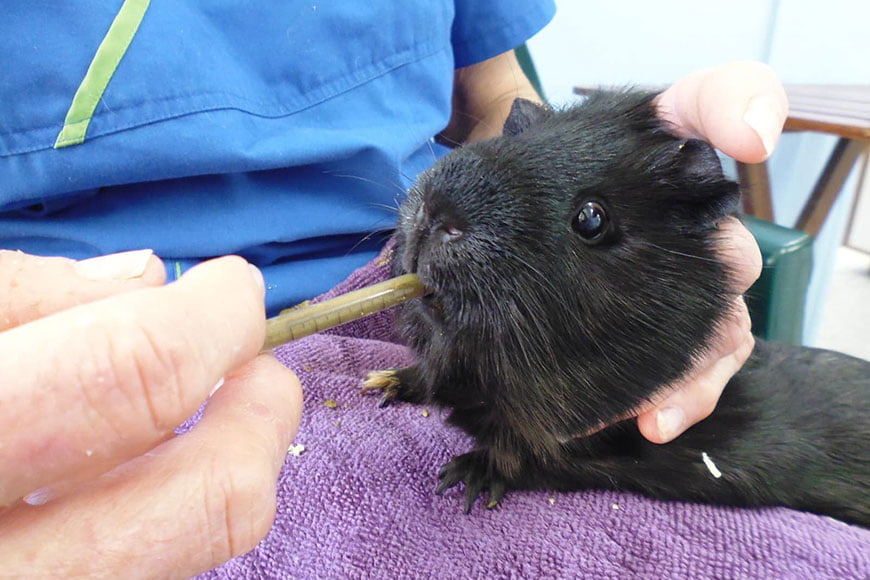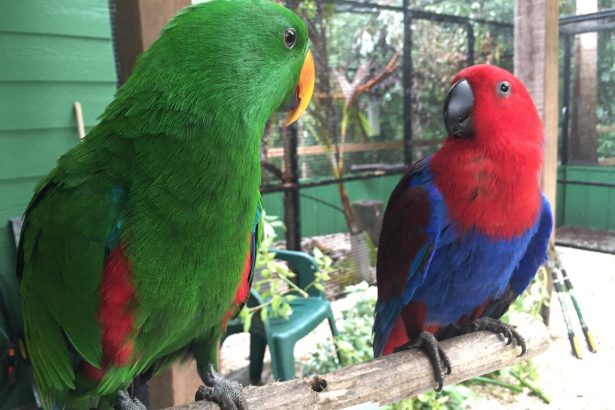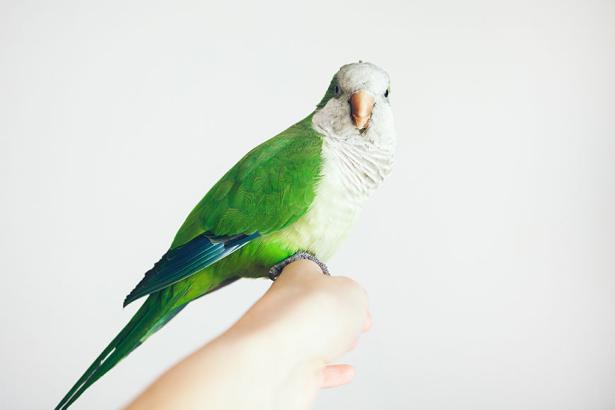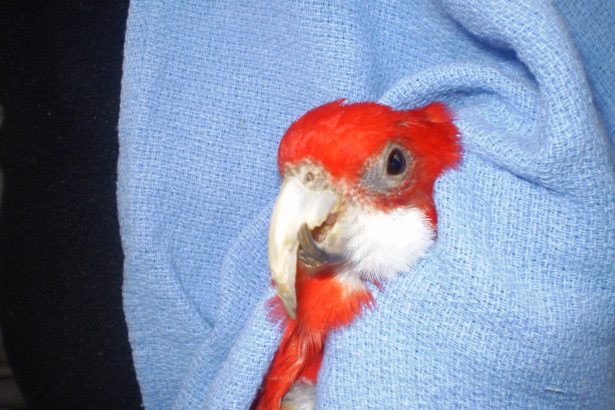Many people wonder what it means to be an unusual pets vet. Here at Currumbin Valley Vet it’s our life’s work to give the best possible medical care to critters of all shapes, sizes and species. Whether you have a pet budgie, guinea pig, turtle or snake, we are happy to provide top notch medical care and advice for all of your life companions’ needs. Keeping these kinds of animals requires a very specific type of care that is vastly different from having a cat or a dog. Things such as diet, enclosure and general care must be strictly and consistently followed in order to keep your companion healthy, happy and of course to keep them from an emergency visit to the unusual pet vet.
The Do’s and Don’ts of Guinea Pig Care
Guinea pigs should be fed grass hay. Grass hays are their primary source of nourishment, much the same as grass hay is important for rabbits. Since a guinea pigs’ teeth never stop growing throughout their lives, the abrasive nature of grass hay helps to keep their teeth in a healthy state, as well as providing excellent nutrition to the animal. Guinea pigs derive minerals and nutrients from grasses, and there are specific grasses that can be both highly digestible and good for their teeth. Like any animal that requires an enclosure, you want to make sure that their living space is big enough for them to be happy and always clean to keep them healthy – thus avoiding unnecessary trips to the unusual pets vet.
Birds Need Plenty of Room and Freedom
It’s all too often that we see birds come into our unusual pet vet surgery because they are living in an enclosure that isn’t correct for them. Birds also aren’t meant to live in cages, their cage needs to be their safe space, not their prison cell. Yes, you want to make their cage enjoyable with plenty of fun things for them to play with and chew on – but they need to be natural toys. The same goes for the bird’s perch, if you want to avoid bringing your feathered friend into the unusual pets vet due to problems with their feet, they need natural wood perches that have plenty of texture for them to grip as well as chew on. Also, keeping their enclosure consistently clean is imperative to your bird’s health.
Reptile Care Pro Tips
Proper reptile care is paramount to their health. Remember that reptiles have to constantly regulate their temperature via their environment. They need warm and cool places to move between depending on their temperature. So a reptile’s cage needs to be large enough to have different areas with varying temperatures for it to properly regulate its core temperature. Also, it is all too common to see reptiles in our unusual pet vet surgery due to simply over feeding the animal – a fat turtle is a sad turtle. They will gorge themselves if allowed. Another issue that is commonly seen is as a result of over feeding a snake. It can quickly lead to issues such as obesity, diminished organ function, breeding difficulties and shorter life spans. On the contrary, if they simply aren’t hungry, they likely won’t eat and their meal will spoil in the enclosure.
With all of that being said, we at Currumbin Valley Vet are happy to help educate you about your animal companion as your unusual pets vet. We have many articles on the website that will help you so feel free to read more by clicking here. Until next time, we hope you and your animals are well!
FAQs
No, turtles need to be fed the correct amount of food per serving. They will often overeat if given the chance so you cannot leave extra food in their enclosure while you are out. If you need to leave for an extended period of time you will need to organise someone to look after your friend – otherwise there may be an emergency trip to the unusual pets vet down the line for health problems stemming from over eating or obesity.
The cage size for every bird should be as big as your living area allows. Think big if you want a happy bird, their enclosure needs to be an amazing place where they feel safe and love to play around in – not a jail they have to be locked in. If you are living in a small area such as a studio apartment then it is probably best not to keep a bird, otherwise you will surely be making unnecessary trips to the unusual pet vet for health and behaviour problems.
